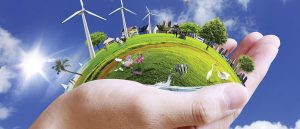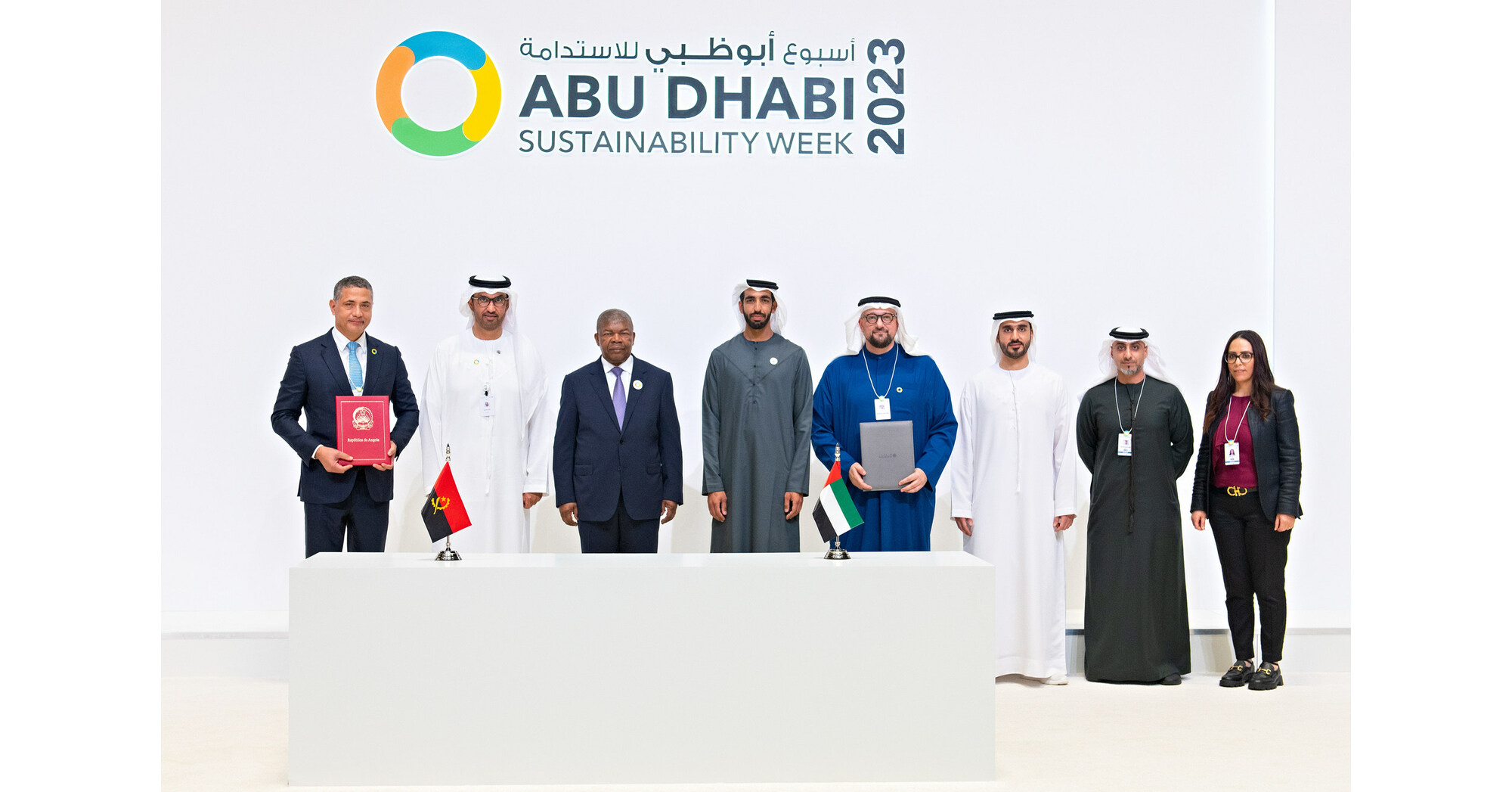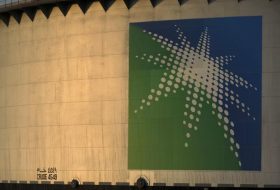Masdar signs agreements to develop renewable energy projects in Africa.
The deal will help deliver up to 5 gigawatts of clean energy to Angola, Uganda and Zambia.
Established in 2006, Masdar, the Abu Dhabi Future Energy Company, is a global leader in renewable energy and sustainable development. Masdar means “source” in Arabic.
With three leading UAE energy champions as our shareholders – the Abu Dhabi National Oil Company (ADNOC), Mubadala Investment Company, and Abu Dhabi National Energy Company PJSC (TAQA) – Masdar is supporting the UAE’s transition toward a knowledge-based economy. A catalyst for renewable energy development in the Arab world over the past decade, Masdar is demonstrating how the business community can deliver on the global sustainability agenda.
Masdar has signed agreements with three African countries to develop renewable energy projects with a combined capacity of up to 5 gigawatts. This reiterates the company’s commitment to help Africa in its transition to clean energy.
As part of the agreements signed under the umbrella of the Etihad 7 initiative, Masdar will develop renewable projects in Angola, Uganda and Zambia with a capacity of 2 gigawatts, each in Angola and Zambia, and 1 gigawatt in Uganda, it said in a statement on Friday.
Etihad 7 is a UAE-led initiative that aims to raise public and private sector funds to invest in the development of Africa’s renewable energy sector.
The initiative was launched last year at Abu Dhabi Sustainability Week by Sheikh Shakhboot Nahyan Al Nahyan, Minister of State in the UAE Ministry of Foreign Affairs and International Co-operation, with an aim to achieve 20 gigawatts of capacity to supply 100 million people across the continent with clean electricity by 2035.
“These landmark agreements, which aim to deliver up to 5 gigawatts of energy to Angola, Uganda and Zambia, follow last year’s signing of a 2 gigawatts agreement for renewable energy projects in Tanzania,” said Dr Sultan Al Jaber, the UAE Minister of Industry and Advanced Technology and chairman of Masdar.
“These further agreements will be transformative to local communities and will help African nations to drive economic growth for their people while still meeting net-zero objectives.”
Dr Sultan is also the President-designate of Cop28 and the managing director and group chief executive of Adnoc.
Masdar is currently active in more than 40 countries and has invested or committed to invest in projects worth more than $30 billion.
The company, which continues to boost its clean energy portfolio, has an ambitious target to grow its capacity to at least 100 gigawatts of renewable energy capacity globally by 2030. The largest share of this capacity will come from wind and solar technology.
Beyond the initial goals, Masdar also seeks to develop more than 200 gigawatts of renewable energy.
“With Africa’s massive projected development and growth and low current clean energy penetration levels, we see enormous potential for the renewable energy sector across the continent,” said Mohamed Al Ramahi, chief executive of Masdar.
“The agreements we have signed at Abu Dhabi Sustainability Week will support these nations’ clean energy goals and help to drive sustainable economic development for all four countries.”
Masdar has already established a considerable presence in Africa, having formed its Infinity Power Holding joint venture with Egypt’s Infinity to target opportunities in the continent. In November, Masdar, Infinity Power and Hassan Allam Utilities signed an agreement with the Government of Egypt to develop a 10 gigawatts onshore wind project — one of the largest wind farms in the world.
The three companies are also co-operating on the development of green hydrogen projects in Egypt, targeting a combined electrolyze capacity of 4 gigawatts by 2030, and an output of up to 480,000 tones of green hydrogen per year.
Masdar also has projects in Mauritania, Morocco and Seychelles.







